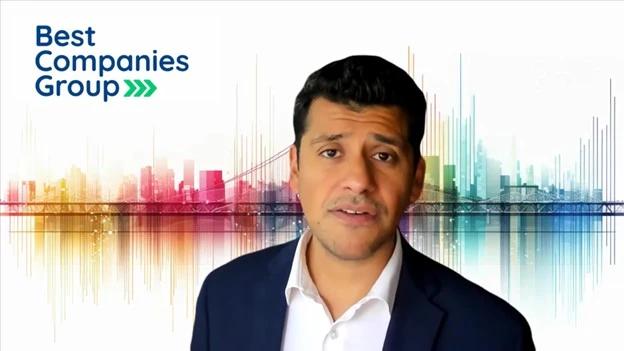|
What defines an assistant golf course superintendent? Well, that would depend who you ask. Certainly Old Tom Morris would have a different definition, if he even had one at all, than that of a golf course superintendent today. Perhaps past superintendents would define an assistant as a person who is proficient with machinery and could fill in for anyone on the crew. In the industry today, we wear many more hats than that. We are agronomists, teachers, coaches, people managers and, in a way, you could say we‘re politicians. In my career, I have been lucky enough to work at some great courses. I have been from New York to Virginia and Las Vegas to Chicago. In that time I have seen a lot of things, and am grateful for the experiences I have had. But one thing always seems to remain the same: An assistant superintendent is much more than a glorified crew leader. More accurately, he is an important piece of a management team, and the responsibilities he has continue to grow. Yes, the industry is evolving, and with those changes come alterations and additions to the “hats” we wear every day. Agronomy
Our work is never finished, however. After a staff member has been taught, they need continual coaching to develop and grow their potential, thus making our team better. Do you remember the saying “A chain is only as strong as its weakest link?” The same concept is accurate with our crew. We, as assistants, need to develop our crews through our teaching and coaching to make the entire operation stronger. What does this boil down to? A subject that is touched on in every seminar: communication. Tell team members why something is important, not just what to do. I am a firm believer that people are naturally proud, and if you set goals mutually and explain the importance of meeting them, the team member will work to accomplish that benchmark. The intrinsic reward of meeting the objective, in my experiences, is what drives them to do their best work. The bottom line is: Give them the tools for success and set targets that are mutually agreeable and your team will be encouraged by meeting their short-term goals while making great strides in the long-term development of their skills. Finally, after they have met the goals you have set, give them positive feedback. Remember, everyone likes a pat on the back every now and then.
Any assistant who has been in this industry for any length of time understands that these are just a few of the “hats” that an assistant wears on a day-to-day basis. It really validates our position and demonstrates that we are a very important entity not only to the way a golf course looks, but how it is run. In the bigger picture, we are developing our skills to climb to higher heights in this industry. For now, however, we will continue to adapt and remold in the hopes to one day attain the goals we have set for ourselves. Brian DeVries is the assistant superintendent at Twin Orchard Country Club in Long Grove, Ill. |

Explore the April 2011 Issue
Check out more from this issue and find your next story to read.
Latest from Golf Course Industry
- Editor’s notebook: Green Start Academy 2024
- USGA focuses on inclusion, sustainability in 2024
- Greens with Envy 65: Carolina on our mind
- Five Iron Golf expands into Minnesota
- Global sports group 54 invests in Turfgrass
- Hawaii's Mauna Kea Golf Course announces reopening
- Georgia GCSA honors superintendent of the year
- Reel Turf Techs: Alex Tessman





